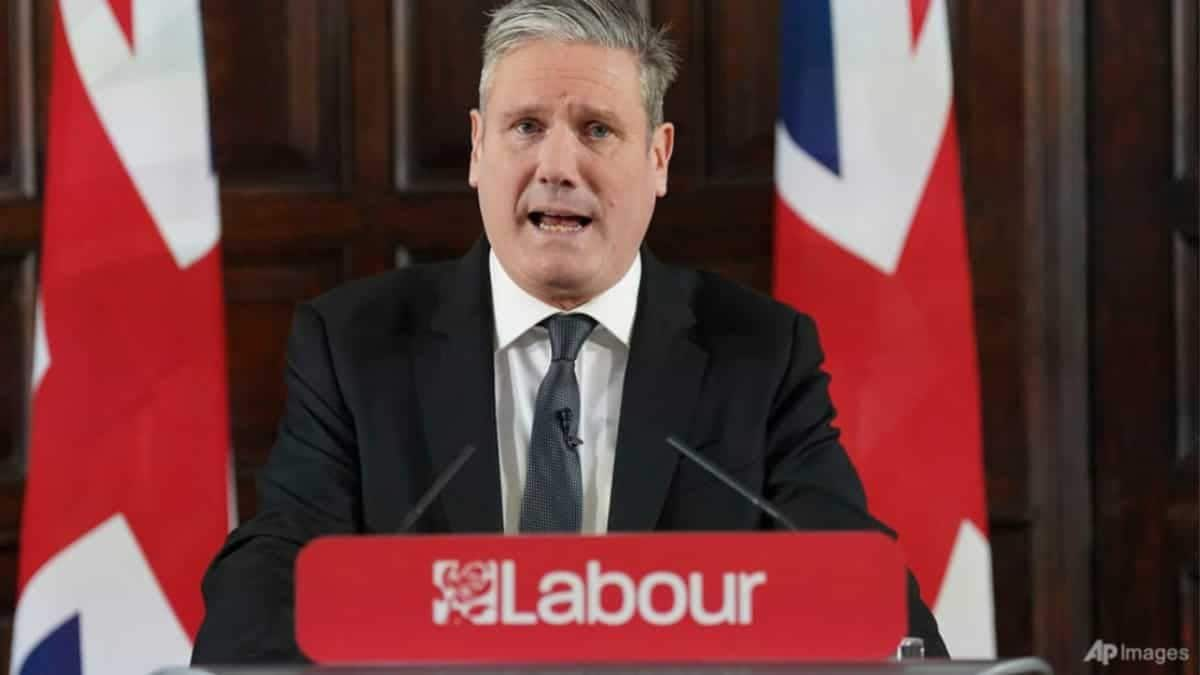
UK's Labour Party received gifts worth $1bn from betting firms
What's the story
The United Kingdom's Labour Party and its leader, Prime Minister Keir Starmer, have reportedly accepted over £1 million ($1.3 billion) in donations and corporate hospitality from betting companies and other figures in the gambling sector.
This information was revealed through an analysis of British parliamentary records.
The donations include a significant contribution of £25,000 ($33,000) from Peter Coates, head of online gambling company Bet365, toward Starmer's 2020 leadership campaign.
Widespread donations
Chancellor and other party members also beneficiaries
The analysis also revealed that Rachael Reeves, the chancellor, accepted three tickets to a musical from the Betting and Gaming Council (BGC) last year.
This was in addition to other donations she received from affluent gambling bosses to fund her private office before the general election.
Other Labour Party members like Jonathan Reynolds and Louise Haigh have also benefited from such freebies, including tickets and hospitality for a football match at Wembley in May 2022.
Additional contributors
Donations from former Sky Bet CEO and Labour peer
The Labour Party has also received substantial donations from Richard Flint, former chief executive of Sky Bet.
Another notable contributor is Lord Mendelsohn, whose investment vehicle Red Capital Limited is linked to the gambling sector.
Mendelsohn also chairs Evoke, the company behind well-known betting firms such as William Hill, Mr Green, and 888.
These revelations have raised concerns about potential conflicts of interest within the party's decision-making process.
Longstanding ties
Labour Party's history with bookmaking giants
The Labour Party has maintained a close relationship with bookmaking giants since Tony Blair's government liberalized Britain's gambling laws.
This move allowed the gambling sector to grow into a £14 billion ($18.6 billion) industry.
Recently, at its conference, the party faced pressure to implement stricter regulations for this sector.
The think tank Social Market Foundation proposed doubling the gambling duty, highlighting the ongoing debate surrounding these donations and their potential influence on policy decisions.